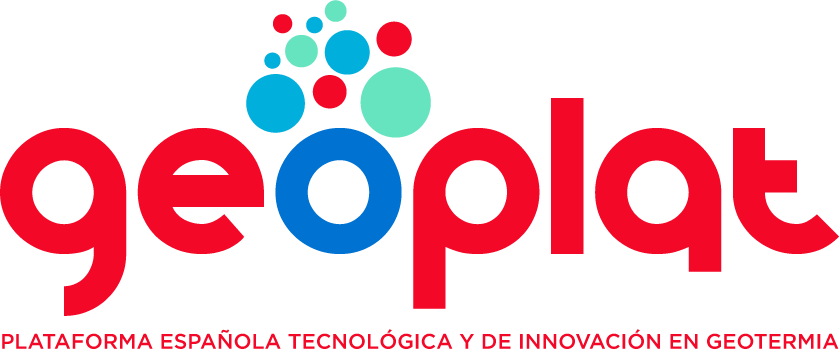01 Apr 2024
GEOPLAT participates in the Kick-Off Meeting of the European project ThermEcoWat
GEOPLAT participated on 26th and 27th March in Lyon (France) in the Kick-Off Meeting of the European project ThermEcoWat, as part of the Communication and Dissemination team. The consortium of this project is led by Auvergne Thermale and, in addition to GEOPLAT, is formed by BRGM, Ajuntament de Caldes de Montbui, Institut Cartogràfic i Geològic de Catalunya (ICGC), Deputacion de Ourense, Termalistur – Termas de São Pedro do Sul and LNEG.
This project, funded by Interreg Sudoe Programme and to be developed between 2024 and 2026, will promote studies so far unpublished on the specific effects that climate change could have on the thermal waters and what impact it would mean for municipalities or economic sectors whose base is its use as a tourist and economic resource. The aim is that these studies serve to prevent and anticipate possible future problems and increase the resilience of thermal ecosystems, as well as to study new uses of thermal waters as a renewable energy source, for example to heat buildings.
During the meetings, the main challenges faced by the project were identified, the strengths that each partner brings to the consortium and the expectations and objectives that each member sets for the next 3 years. It has also been a great opportunity to get to know in depth the thermal regions participating in the project (Ourense and Caldes De Montbui in Spain, São Pedro Do Sul in Portugal and Auvergne Thermale in France), which will be the main source of data collection to study the effects/risks that climate change has on these regions.
The consortium will focus on setting up the online working groups and holding the next transnational workshop in Auvergne Thermale (France) in June. Furthermore, it will elaborate a White Paper that will gather all the knowledge achieved during the 3 years of deployment, as well as good practices in the management of thermal resources and their adaptation to the challenges of climate change.
